[Editorial] The Mean Girls of Horror: Sleepaway Camp and It’s Portrayal of Teenage Girls
There is no doubt that going through puberty and teenage years is one of the most tumultuous and terrifying times of a young adult’s life. Every emotion comes with another conflicting one to contradict the initial feeling, which becomes an never-ending whirlwind that can lead to confusion, frustration and acting out against everything that has an authoritative tone including teachers, parents and even established voices such as the law enforcement.
In popular media we often see how parents and adults laugh with fear when discussing teenage girls and their behaviours, and even though that is sometimes extended to male teens, the fear that hides in their back throats never comes through quite as strong as when referring to the female teens. But why is that? It seems that there is a nastier, more vicious side to teenage girls, a side that goes further than just picking on peers and making them feel embarrassed, it is malicious and intentional, causing the victim to suffer for the rest of their lives. Which is exactly what slasher horror film Sleepaway Camp (1983) portrays - effectively conveying to the audience just how the teenage girls of the camp aren’t just out to be a little bit horrible, but instead their end goal is designed to cause lifelong trauma and harm.
Mean Girls is a comedy film that exacerbated the behaviours exhibited in teenage girls who have a tendency to be bitches to other girls instead of addressing their own insecurities and concerns. Whilst the film provoked the audience to laugh along with its audacious hints of cattery, there was something much deeper to the film that as a young woman really hit home for me. As horror fans we have always been cast to the sidelines, referred to as weirdos and seen as the strange teenagers who like to watch people get stabbed by their friends at high-school. But it was those horror films that made us feel ‘seen’, because whilst we might be hiding under blankets watching other teens get slashed, we were getting metaphorically stabbed in the back by our friends at school who were calling us names without knowledge and stealing our latest crush. Being a teenage girl was like waking up and walking through a minefield everyday, not knowing which step would lead to being called ‘fat’ or ‘ugly’ or which one would lead to your best friend ‘accidentally’ sleeping with the boy you’ve had a crush on for the last three years, but constantly been too nervous and self-conscious to ever say hi.
Slasher films are well versed in showing just how mean teenagers can be, and even though some of these depictions often feel over-the-top, in many ways they are the closest representation to the truth of the horror that is being a teenager. In Friday the 13th we see how Pamela Voorhees seeks revenge on the teens of Crystal Lake, not necessarily because she is a psychopath but because her son, Jason, was wronged by the other kids, and even though we are meant to fear horror icon Jason, in some ways its easy to identify with him and understand why there is a need for revenge. Sleepaway Camp is the perfect example of how slashers make the viewer side with the one doing the killings, which as a viewer can feel completely contradicting to how morally, we should feel. Slashers give us villains that we can cheer for, because the majority of the time they purely only seek to kill those who are despicable human beings, and how could we not cheer at an asshole being decapitated?
In Sleepaway Camp we follow cousins Ricky and Angela, who are sent away to camp for the summer by Ricky’s mother and Angela’s aunt, May. Both are reluctant to go to the camp, but with each other to rely on, the sense of dread is dissipated somewhat. However, as soon as the duo get to camp the bullying, taunting and ill-mannered behaviours from the girls of the camp begins with ferocity. Angela is portrayed as an outsider compared to the other girls; she is slimmer, shorter, hasn’t get reached the same stage of puberty and is excruciatingly shy, so much so that she barely utters a word to anyone that she encounters. Immediately Angela becomes an easy target for anyone who feels the need to be a bully; they flock upon her like a fly infestation, constantly mocking the fact she is quiet and refuses to talk to most of the others at camp. Many of the boys at the camp taunt and tease Angela, however, her cousin Ricky is always there to protect her which feels like a fresh portrayal, considering young adults are often embarrassed by family members that are bullied and will do nothing to stop the attackers. Even though much of Angela’s suffering comes from the men in the film, it is the females of Sleepaway Camp that really take forth right and centre to bully the young teen in the most spiteful ways.
From the very beginning of the audience’s journey into the camp, we are introduced to one of the most vile on-screen characters that has ever lived - Judy. We learn that Ricky and Judy have a romantic past from the previous summer’s class, but it seems that Judy has outgrown the kind, caring and somewhat timid teenage boy in order to become what can only be described as an absolute bitch. Judy prances around with a clear belief that she is better than everyone else and has an entitlement to anything she feels she deserves. The boys talk about her appearance, mentioning how she has grown breasts, which clearly factors into the perception Judy has about herself - as more physically attractive than the other girls. Although she has a harem of girlfriends who will do anything for her, it seems their friendship comes from a place of fear rather than genuine connection. Growing up in school this type of ‘gang leader’ was evident in most groups, but particularly those in which we labelled ‘the populars’. They were the girls that had the most friends, always looked the prettiest and could turn the head of any boy in school. This type of girl could be considered a mean girl, and they will often resort to bullying girls such as Angela, who don’t fit the conform of what they deem to be acceptable at that age.
Even though it’s easy to hate Judy, as we see her explosive rage with Angela grow into surmounting bullying and harassment, we begin to see that perhaps her emotions are due to an underlying insecurity. Angela might not be what society deems as Hollywood pretty, but that doesn’t stop her from grabbing the attention of Paul, who spends his days chasing after her and hoping for a chance with her. This attraction seems to intensify how Judy feels about Angela, causing a particular outburst in which she screams ‘She’s a real carpenter’s dream. Flat as a board and in need of a good screw.’ Regardless of how ferocious Judy is with this statement, Angela simply stares at her without even flinching, and doesn’t retaliate by sinking to the same level. The language and emotions here are complete opposites; Judy only noticed for either her ‘big boobs’ or her mean demeanour and Angela only noticed for her ‘flat chest’ and mouse-like timidness. Although Judy is being mean to Angela, there is an underlying sense of jealously and insecurity - seeing that the complete opposite of her is getting all the attention makes her teenage hormones flare, resulting in a fiery temper that she releases through bullying the one person that makes her feel inadequate. Not content with Angela’s stoic reaction to her outburst, she makes it her mission to destroy the connection between Angela and Paula - using her ‘charms’ to seduce the young boy and ensure that Angela is well aware that it’s happened too. This behaviour clearly exhibits the powerful emotions that Judy is feeling, all of which come from a place that any woman can resonate with.
Teenage girls are complicated creatures to understand, fact. But even the meanest of souls are battling personal demons, ones that are often caused by insecurities. The easiest response to these emotions is anger, and a need to place oneself at the top of the food chain, away from the potential harm that could be caused by allowing an insecurity to show and therefore revealing vulnerabilities. Judy might be a character that as an audience we constantly wish would be slaughtered brutally by the murderer stalking the camp, but she is a misunderstood teenage girl that is acting out in a bid to get attention and hide from her true feelings. Throughout the entirety of the film (and similar slasher films), Angela, our protagonist, is portrayed as an angel in comparison to Judy’s devilish nature, however, when we discover that Angela is the one committing the slaughters, we quickly change our perceptions of her. Time and time again we see how slasher horror films present the audience with villains we empathise with and victims that we wish to see killed, but Sleepaway Camp takes that concept and runs with it through the entire film until doing a complete 360 (for more reasons than mentioned within this article due to spoilers) and reinstating our morals which prove that even the meanest girls of horror can have underlying insecurities and perhaps aren’t as deserving of being slaughtered than we first thought.


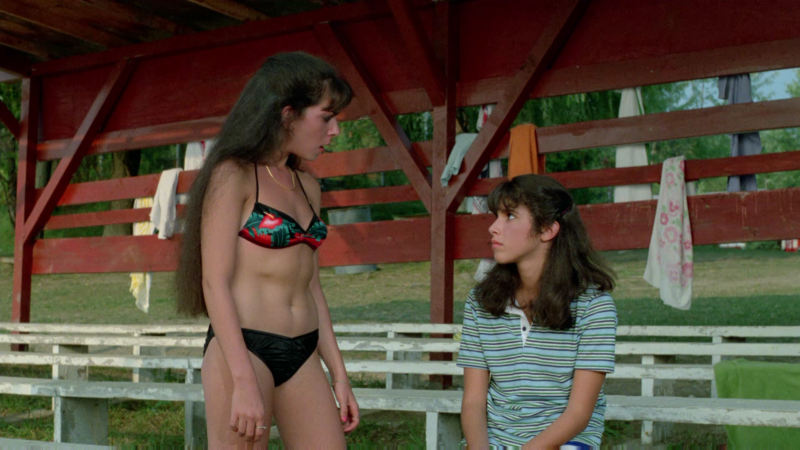
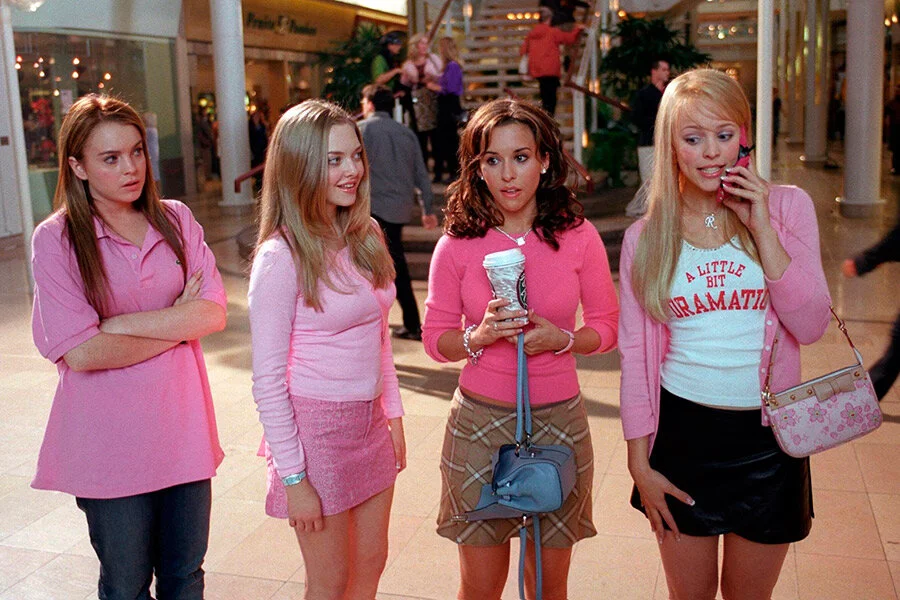
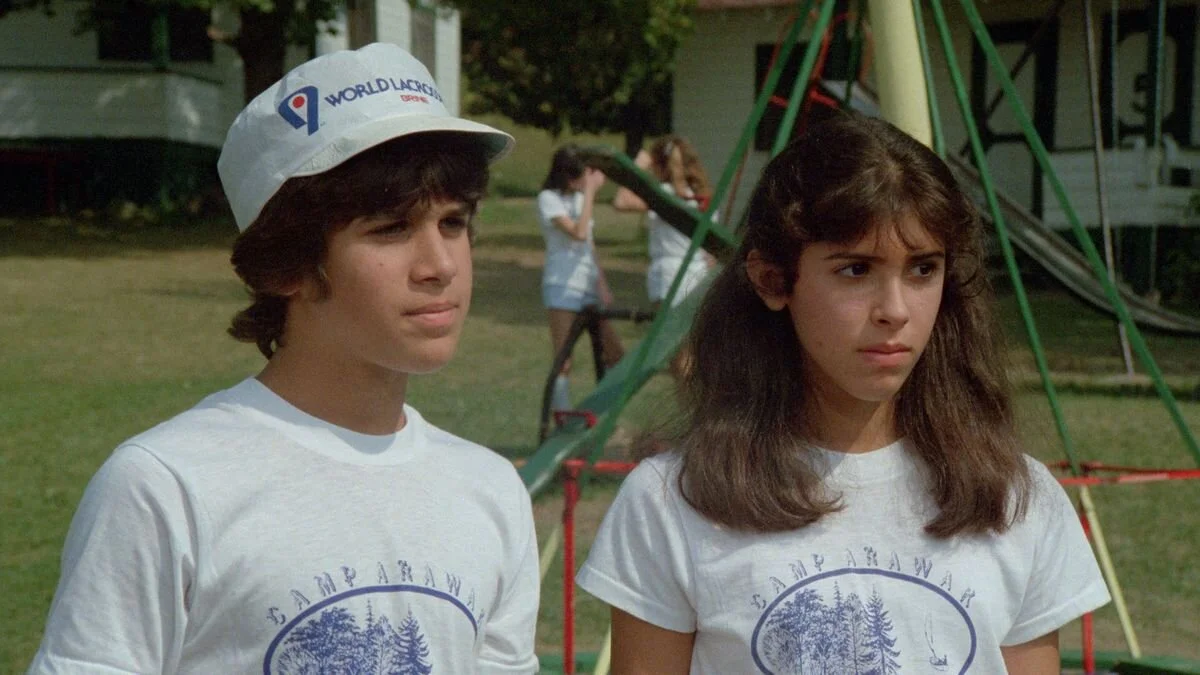
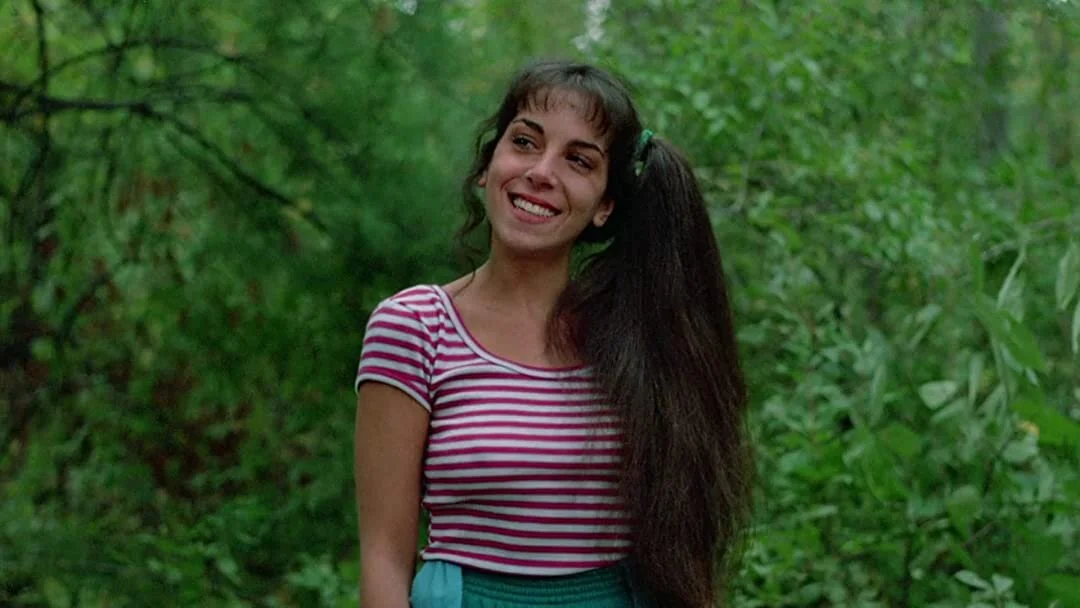
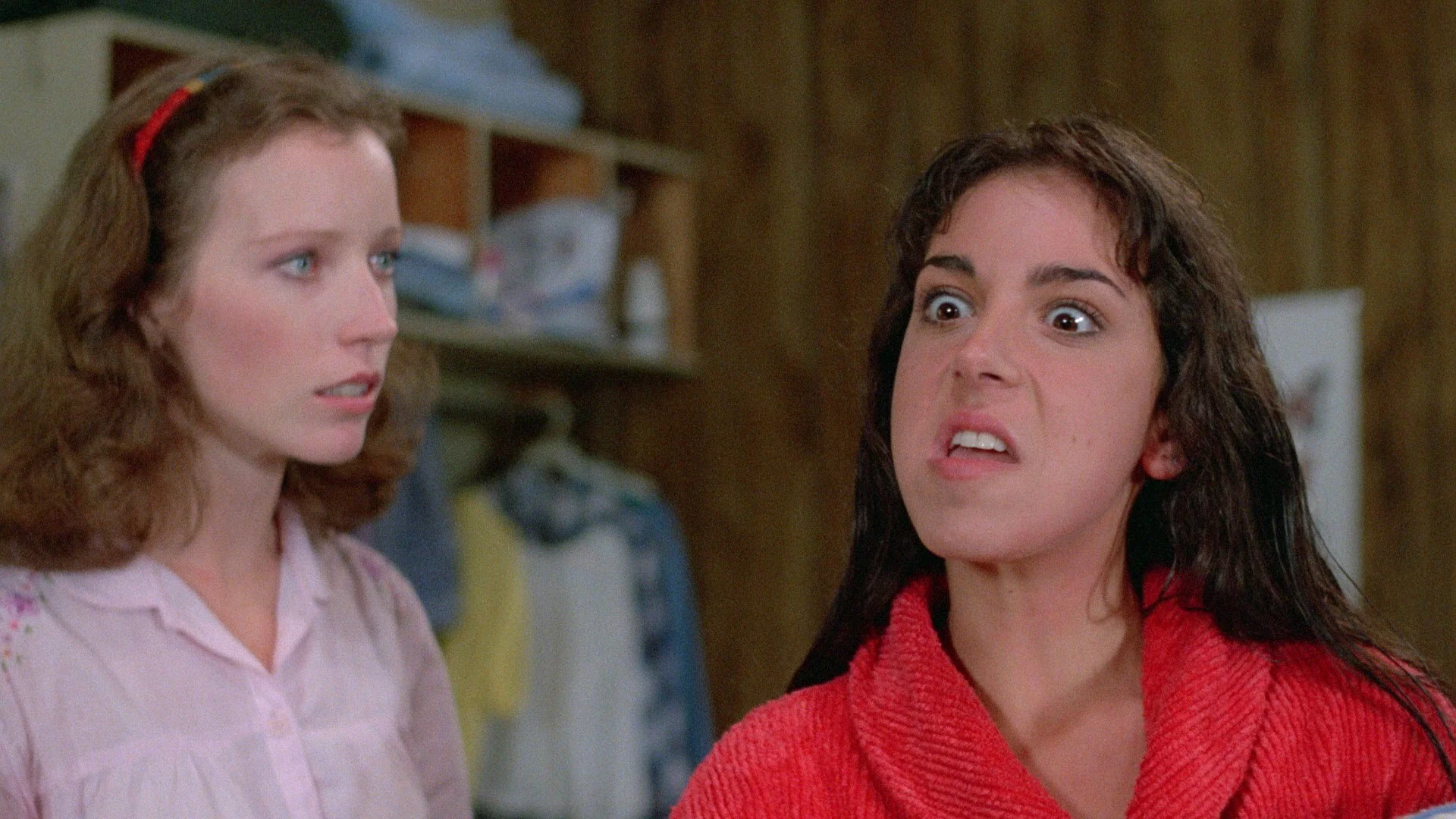
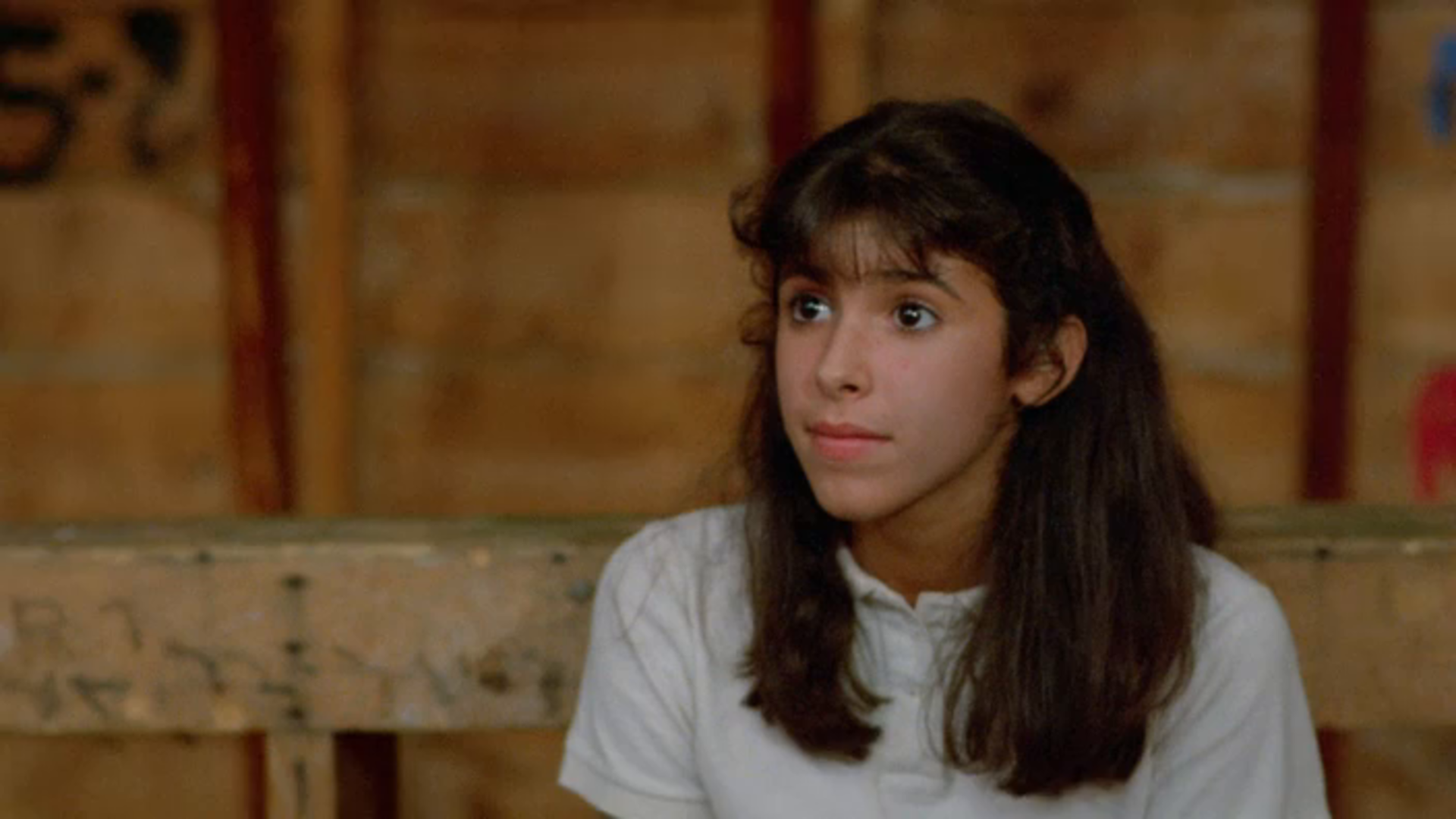
![[Editorial] 5 Slasher Short Horror Films](https://images.squarespace-cdn.com/content/v1/5fe76a518d20536a3fbd7246/1696358009946-N8MEV989O1PAHUYYMAWK/Screenshot+2023-10-03+at+19.33.19.png)
![[Ghouls Podcast] Maniac (2012) with Zoë Rose Smith and Iona Smith](https://images.squarespace-cdn.com/content/v1/5fe76a518d20536a3fbd7246/1696356006789-NYTG9N3IXCW9ZTIJPLX2/maniac.jpg)
![[Editorial] If Looks Could Kill: Tom Savini’s Practical Effects in Maniac (1980)](https://images.squarespace-cdn.com/content/v1/5fe76a518d20536a3fbd7246/1694952175495-WTKWRE3TYDARDJCJBO9V/Screenshot+2023-09-17+at+12.57.55.png)
![[Editorial] Deeper Cuts: 13 Non-Typical Slashers](https://images.squarespace-cdn.com/content/v1/5fe76a518d20536a3fbd7246/1694951568990-C37K3Z3TZ5SZFIF7GCGY/Curtains-1983-Lesleh-Donaldson.jpg)
![[Editorial] Editor’s Note: Making a slash back into September](https://images.squarespace-cdn.com/content/v1/5fe76a518d20536a3fbd7246/1694354202849-UZE538XIF4KW0KHCNTWS/MV5BMTk0NTk2Mzg1Ml5BMl5BanBnXkFtZTcwMDU2NTA4Nw%40%40._V1_.jpg)
![[Editorial] 8 Mind Horror Short films](https://images.squarespace-cdn.com/content/v1/5fe76a518d20536a3fbd7246/1693504844681-VPU4QKVYC159AA81EPOW/Screenshot+2023-08-31+at+19.00.36.png)
![[Editorial] Eat Shit and Die: Watching The Human Centipede (2009) in Post-Roe America ](https://images.squarespace-cdn.com/content/v1/5fe76a518d20536a3fbd7246/1691245606758-4W9NZWE9VZPRV697KH5U/human_centipede_first_sequence.original.jpg)
![[Editorial] Top 15 Female-Focused Mind Horror Films](https://images.squarespace-cdn.com/content/v1/5fe76a518d20536a3fbd7246/1691247166903-S47IBEG7M69QXXGDCJBO/Image+5.jpg)
![[Editorial] 8 Body Horror Short films](https://images.squarespace-cdn.com/content/v1/5fe76a518d20536a3fbd7246/1690838270920-HWA5RSA57QYXJ5Y8RT2X/Screenshot+2023-07-31+at+22.16.28.png)













I can sometimes go months without having a panic attack. Unfortunately, this means that when they do happen, they often feel like they come out of nowhere. They can come on so fast and hard it’s like being hit by a bus, my breath escapes my body, and I can’t get it back.